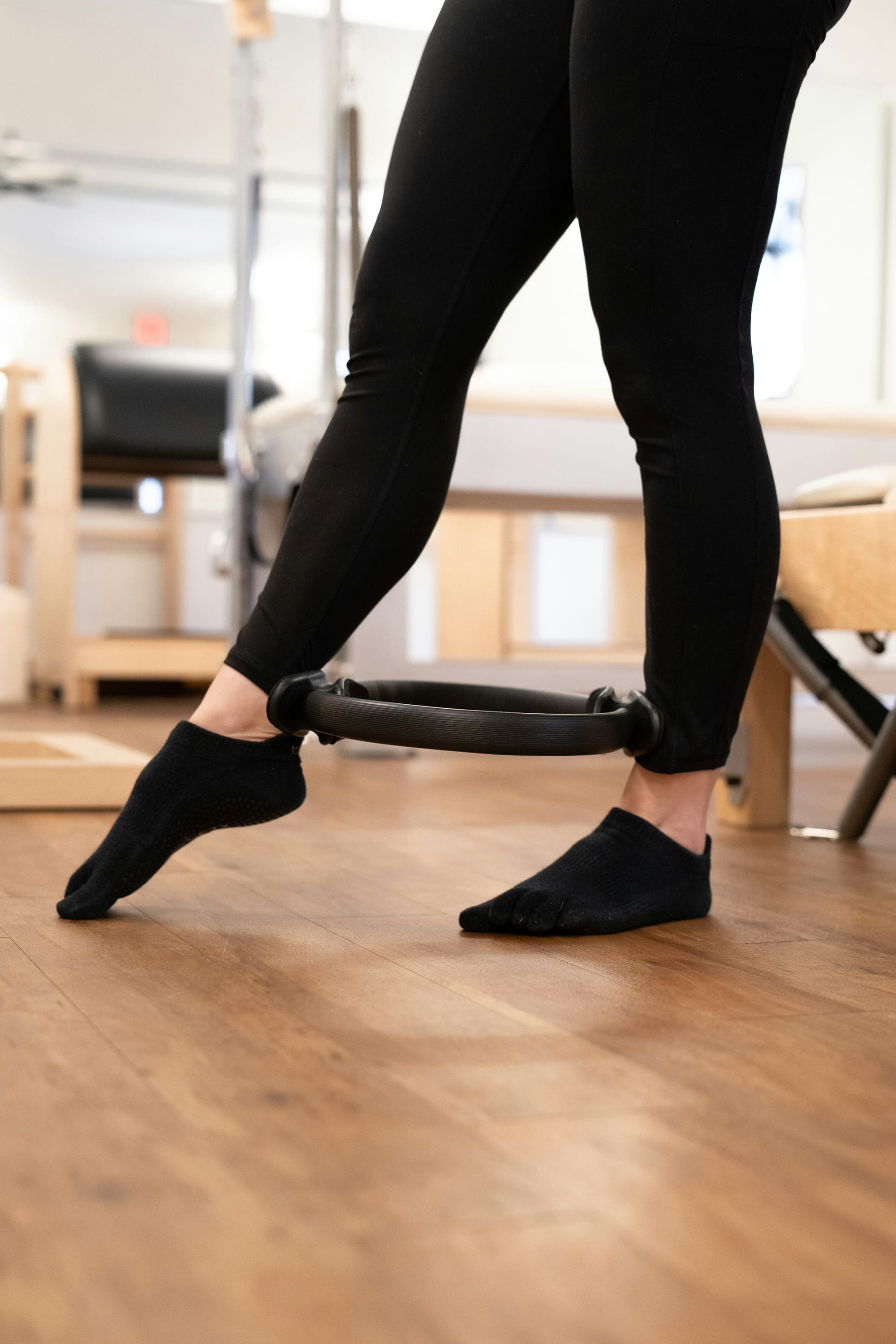Reasons Pilates Won't Make You Lose Weight...and Why You Should Do It Anyway

Pilates is often touted for its numerous health benefits, including improved flexibility, strength, and posture. However, there are several reasons why Pilates alone may not lead to significant weight loss or make you thin or lose any significant amount of weight.
Pilates generally burns fewer calories compared to more intense cardiovascular exercises like running, cycling, or high-intensity interval training (HIIT). For example, an hour of moderate-intensity Pilates might burn around 200-300 calories, whereas an hour of running can burn twice that amount or more, depending on intensity and body weight. It emphasizes building core strength, muscle tone, and improving flexibility rather than high-calorie expenditure. While muscle mass can increase metabolic rate slightly, the primary focus of Pilates is not on significant muscle hypertrophy or fat loss.
Traditional Pilates exercises are also low to moderate in intensity. This makes them excellent for building endurance and stability, but they do not elevate the heart rate to the same extent as high-intensity workouts, which are more effective for burning calories. Pilates is often practiced as part of a holistic approach to fitness that includes mindfulness and body awareness. While this contributes to overall well-being and can support a healthy lifestyle, it doesn't prioritize calorie burning and weight loss specifically. Pilates can lead to changes in body composition, such as increased muscle tone and better posture, which might not reflect a significant change on the scale. This can sometimes lead to a misconception that Pilates isn't effective for changing body shape. While Pilates offers many health benefits, it is not the most effective exercise for significant weight loss due to its lower calorie-burning potential and emphasis on core strength and flexibility rather than high-intensity cardio or traditional resistance training.
If you are trying to lose weight, whether it be for an upcoming event or to improve energy levels, it is essential to remember that 80% of results are dependent upon diet. You need to be consuming at least 0.8 grams of protein per kilogram of body weight and tailoring the rest of your food consumption according to your goal. Eating 800-1200 calories per day will work against you and likely lead to weight gain as your body will freak out and store fat as it is propelled into starvation mode.
If you need some help tailoring your nutrition and workout to achieve your goals, reach out for some support today.